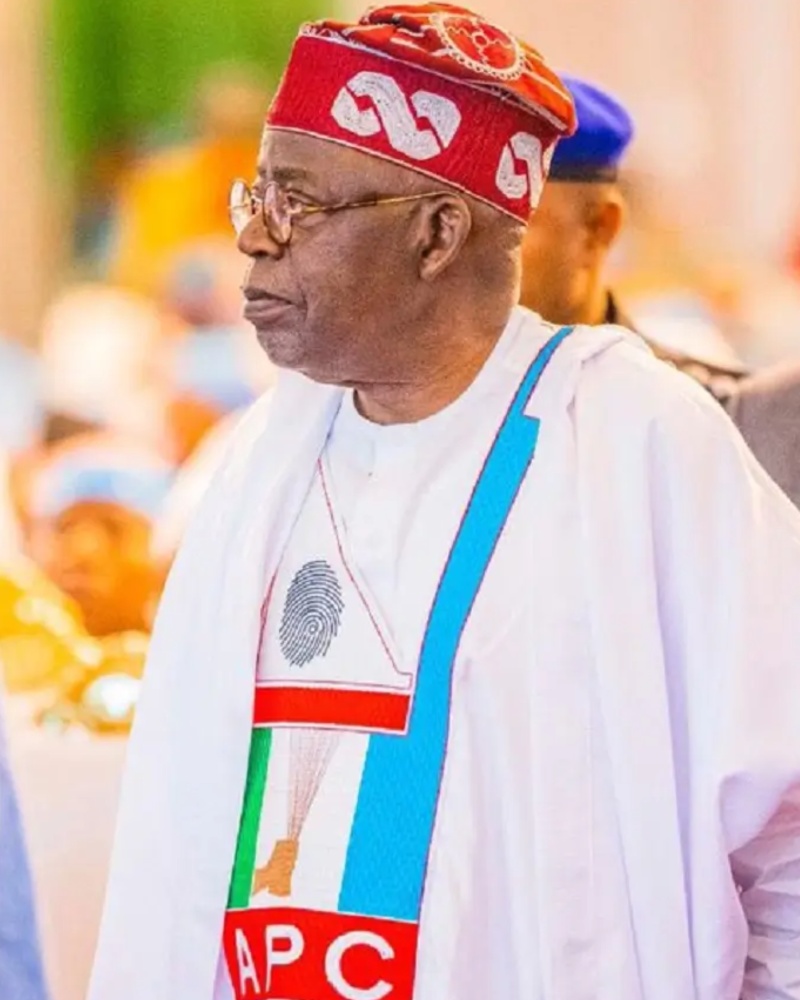A high-stakes meeting is set to take place in Abuja today, aimed at resolving the long-standing 2009 agreement between the federal government and the Academic Staff Union of Universities (ASUU). The meeting will bring together the Minister of Education, Dr. Maruf Tunji Alausa, the Minister of Labour, and representatives from the National Salaries, Incomes and Wages Commission (NSIWC) and the Solicitor-General to discuss the implementation of the renegotiated agreement.
The meeting’s objective is to deliver a clear timetable for the signature and phased implementation of the agreement, which has been stalled for years. The urgency of the move comes amid warnings from ASUU branches nationwide that their patience is exhausted, following a renegotiation process that concluded in December 2024 and was formally submitted to the government in February 2025.
The 2009 agreement, signed under the late President Umaru Musa Yar’Adua, promised comprehensive reforms to Nigeria’s public universities, including sustained revitalization funding, institutional autonomy, a negotiated salary and conditions package for academics, and a monitoring framework for implementation. However, its partial or non-implementation across successive administrations has led to recurring strikes, resulting in nearly five years of lost academic time since 1999.
Analysts argue that the current process is distinct due to the approach of Education Minister Tunji Alausa, who has combined immediate remedial action with longer-term structural reforms. Earlier this year, the Tinubu administration released N50 billion to settle earned academic allowances owed to university lecturers and staff, a debt that had been outstanding for almost two decades. This move has been credited to Alausa’s intervention and has helped restore trust between the government and the academic community.
Today’s meeting will focus on reconciling the Yayale Ahmed draft concluded in December 2024 with the original 2009 text and subsequent reports, such as the Nimi Briggs recommendations. The discussions will also aim to map phased fiscal commitments into the national budget and produce a legally sound instrument for signature. The outcome of this meeting is crucial in determining the next steps for Nigeria’s public universities and the potential for another nationwide shutdown.



